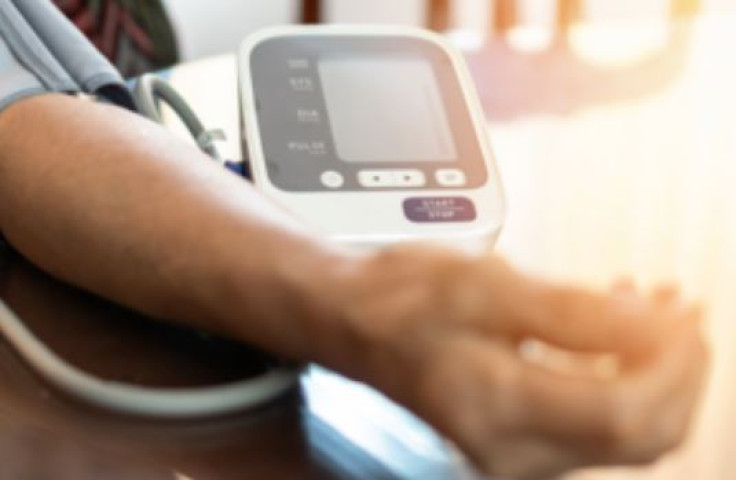
Brits will get relief in medical treatment and diagnosis if the latest measure launched by the UK government fulfils its agenda of AI-enabled hassle-free medical technology.
The Medicines and Healthcare Products Regulatory Agency (MHRA) announced a new regulatory roadmap for safe access to medical technology including artificial intelligence and diagnostic technologies on January 9.
Through the new plans, the MHRA seeks to protect UK patients by giving them access to innovative medical technology without delays. This will ensure patient safety and make way for faster patient care.
The agenda was to set up a clear path for the development of future regulations for UK medical devices. At the heart of the regulatory roadmap are the end consumers using the medical devices. All new regulations will put patient safety ahead of any other objective, making way for the enhanced position of Britain as a provider of the right environment for medical technology innovation in the world.
The roadmap ensures Britain can exploit all the recent advancements in medical technology and benefit by rapidly adopting them and extending its services. This will help the UK healthcare system like the NHS along with the UK patients as new opportunities open up for them.
Modern medical technologies like AI-enabled healthcare solutions, implantable devices, software and diagnostic solutions used for early detection and prevention of diseases like cancer, strokes etc require a robust regulatory framework. The new roadmap seeks to deliver that.
This comes at a time when the UK government recently approved digital pathology technology like whole slide imaging for enhanced cancer screening and diagnosis.
The MHA announced its new regulatory route through a series of new statutory instruments (SIs) which would be put into place by next year. The SIs will assess UK medical devices based on patient safety.
This will be done to regulate medical instruments in line with international standards which stress patient-centred proportionate requirements that respond to technological advances.
New regulatory roadmap to help in HealthTech development
Speaking about the new regulatory roadmap for medical devices, MHRA's Med Tech Regulatory Reform Lead, Dr Laura Squire said: "Today's exciting medical technology advances offer important new opportunities for patient care and improvements to healthcare delivery."
"We are therefore delighted to begin this new year by setting out a comprehensive plan for significant improvements to the regulatory framework for medical devices over the next two years," Dr Squire stated.
Dr Squire explained how the new regulatory framework will "strengthen the MHRA's ability to keep patients safe" and encourage "the launch of the most innovative healthcare products that make a real difference to the public's health" at the same time.
"The roadmap sets out how we will work with stakeholders including patients as the process moves forward, giving an early sight of what is to come and giving us feedback about the guidance they will need, to ensure the successful implementation of these wide-ranging UK reforms," Dr. Squire added.
The Chief Executive of the Association of British HealthTech Industries (ABHI), Peter Ellingworth stressed how the new measure will provide "international recognition" needed to develop effective life-saving HealthTech.
Peter Ellingworth said: "International recognition will ensure that UK patients maintain access to safe and effective HealthTech, which is both life-enhancing and life-saving. Today's publication is an important step in this regard and can help to drive innovation and growth into the UK while enabling home-grown businesses to expand their global presence."
The Interim CEO of the British In Vitro Diagnostics Association (BIVDA), Helen Dent, welcomed this approach by the MHRA, calling it a "positive step" towards achieving patient safety and accessibility goals.
"We look forward to continuing to collaborate closely with the MHRA, industry stakeholders and our members to ensure the successful implementation of these regulations," Dent said.
Edmund Proffitt from the UK Med Tech Forum & British Dental Industry Association said: "Such an approach is a great step forward to enhancing the availability of innovative and safe health technologies to patients, as well as ensuring continuity of supply."







